
Snippet 0x0D: Let’s Encrypt – 5 min guide to set up cronjob based certificate renewal
Let’s Encrypt was officially released to the open public today. That means the Internet can finally get free, trusted SSL/TLS certificates. This quick guide shows how to set up Let’s Encrypt with auto-renewal through a cronjob — using the simp_le client, an alternative client developed by one of the same authors who develop the official client.

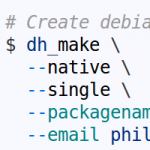
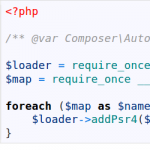
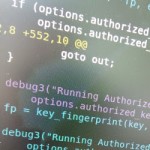
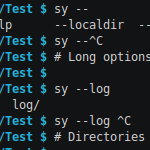
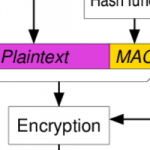

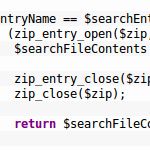
Recent Comments